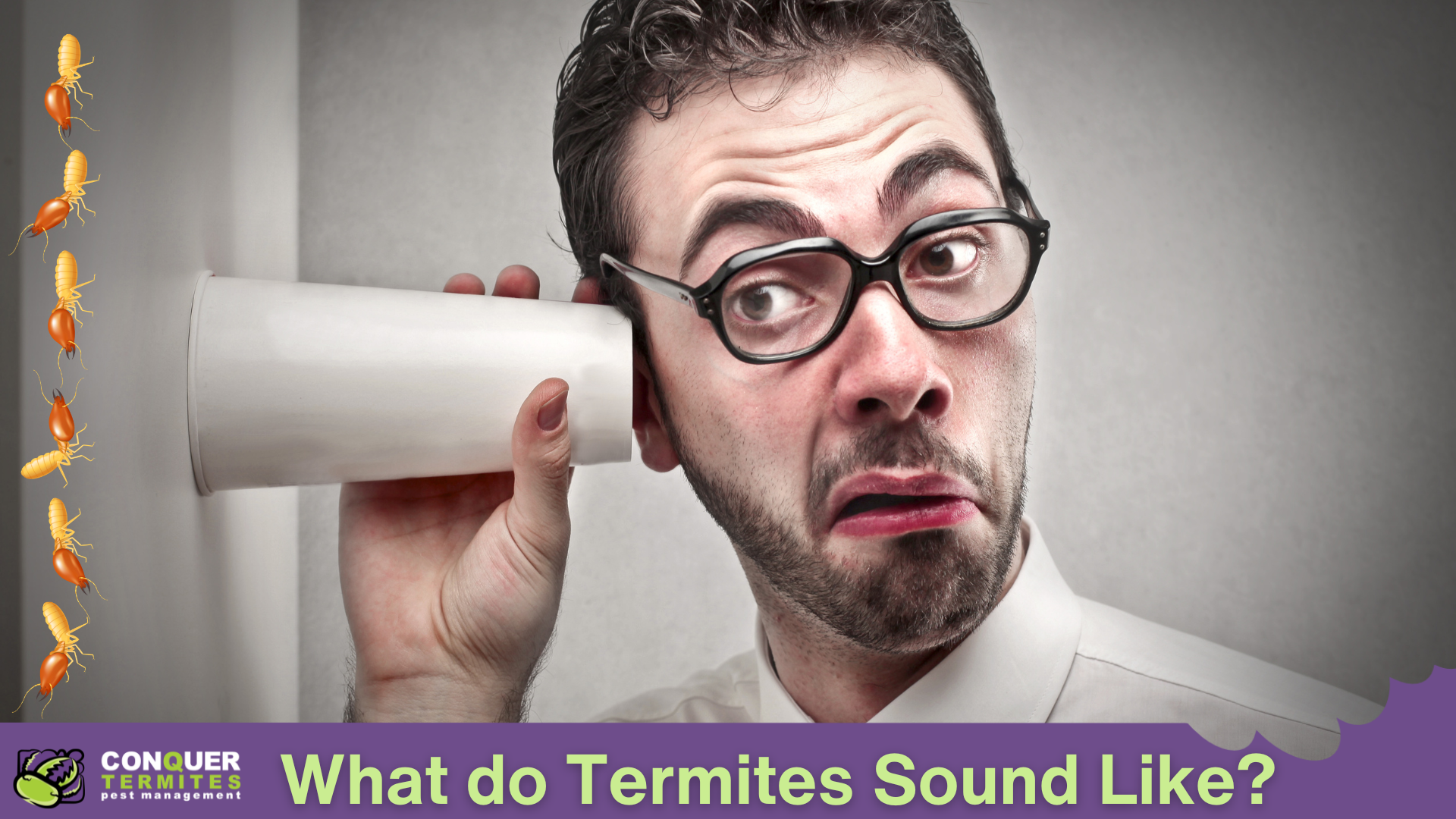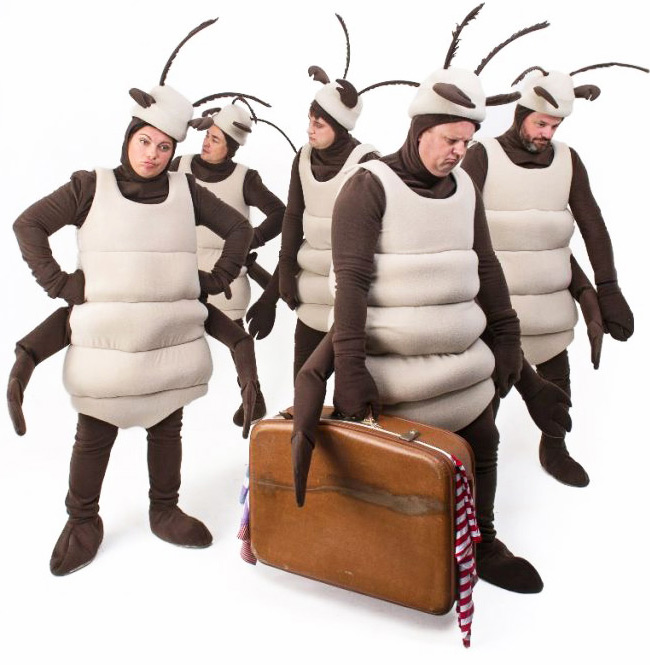What Do Termites Sound Like? A Guide for Homeowners
Homeowners in South East Queensland often hear various noises around their homes, especially at night. These could range from gnawing sounds caused by rodents, thumping noises made by possums, or even pest birds moving about on the roof. While these can be concerning, one sound you should never ignore is the faint noise of termites at work.
Recently, a Brisbane Bayside couple contacted us after hearing a peculiar noise at bedtime—a “very soft chewing” coming from the back window behind their bed. One of our experienced technicians investigated and found live termites actively eating the timber window frame. This real-life example highlights the importance of knowing what termite noises sound like and acting quickly when you suspect their presence.
In this article, we’ll explore the types of sounds termites make, where to listen, and what to do if you suspect termite activity in your home.
Termite Sound
Termites are often referred to as “silent destroyers,” but they can sometimes make noises that hint at their presence. If you know what to listen for, these faint sounds could be the key to identifying an infestation before significant damage occurs.
In this article, we’ll explore the types of sounds termites make, where to listen, and what to do if you suspect termite activity in your Brisbane home.
What Sounds Do Termites Make?
Termites are usually quiet, but under specific conditions, they can produce noticeable sounds. Here are the most common ones:
1. Head Banging or Tapping
When termites sense danger, soldier termites bang their heads against timber or the walls of their tunnels. This creates a faint clicking or tapping sound. The noise is a warning signal to alert the colony of potential threats.
2. Rustling or Scratching
As worker termites chew through timber, you might hear a faint rustling or soft scratching noise. This sound comes from their mandibles as they tunnel through timber structures in your home, including door frames and window frames.
3. Wing Fluttering
During the swarming season, you might hear fluttering or buzzing sounds as winged termites (alates) take flight in search of new nesting sites. This sound is most noticeable during warm evenings, especially after rain.
Where Should You Listen?
If you suspect termite activity, here’s how to pinpoint potential problem areas:
- Exposed Timbers: Check areas like door and window frames, where termites often target first. Place your ear close to the timber and listen for clicking or rustling sounds.
- Walls: Termites inside walls may create faint tapping or chewing noises. Quiet rooms are ideal for detecting these sounds.
- Quiet Times: Termite sounds are easiest to hear in the silence of the evening or at night when household noise is minimal.
What Should You Do If You Hear Termites?
If you notice any of these noises or signs, avoid disturbing the area. Attempting to spray or break into termite tunnels can cause the termites to retreat deeper into your home, making it harder to locate and treat the infestation.
Instead, contact Conquer Termites for a professional inspection. Our experienced team can assess the situation and recommend the best treatment options to protect your home.
Protect Your Home from Termites
Your home is your biggest investment, and termites can cause costly damage if left untreated. If you suspect termite activity or want to schedule a routine inspection, reach out to Conquer Termites today.
Call us now on 1300 417 007 for expert advice or to book an inspection.
For more information on Termite Control :




